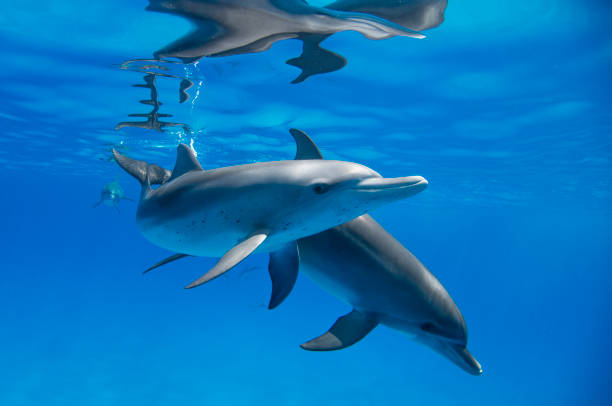Unraveling the Enigma of Octopus Intelligence
Dive into the captivating world of cephalopod cognition as we explore the remarkable intelligence of octopuses. These eight-armed marvels have long fascinated scientists and animal enthusiasts alike, challenging our understanding of invertebrate intelligence. From problem-solving skills to adaptive behaviors, octopuses continue to surprise researchers with their cognitive abilities.

The Octopus Brain: A Unique Neural Network
Unlike vertebrates, octopuses don’t have a centralized brain. Instead, their nervous system is distributed throughout their body, with a central brain and eight additional nerve clusters, one in each arm. This decentralized system allows for incredible flexibility and autonomy in their movements. The central brain, located between the eyes, contains about 170 million neurons - comparable to the brain of a dog. However, two-thirds of an octopus’s neurons are found in its arms, giving each appendage a level of independent decision-making ability.
Problem-Solving Prowess
Octopuses have repeatedly demonstrated their problem-solving abilities in laboratory settings. One famous example is the coconut octopus, which uses coconut shells as portable shelters. In captivity, octopuses have been observed unscrewing jar lids, navigating mazes, and even escaping from their tanks. These behaviors suggest not only intelligence but also a capacity for planning and tool use - traits once thought to be exclusive to vertebrates.
Memory and Learning
Despite their relatively short lifespan (most species live only 1-2 years), octopuses show impressive learning and memory capabilities. They can remember solutions to problems for months and apply learned techniques to new situations. Experiments have shown that octopuses can learn to distinguish between different shapes and patterns, and even recognize individual human faces - a skill that requires complex visual processing.
Camouflage and Communication
Perhaps one of the most astonishing abilities of octopuses is their mastery of camouflage. They can change their skin color and texture in a fraction of a second, not only to blend in with their surroundings but also to communicate with other octopuses. This sophisticated form of body language suggests a level of social intelligence that was previously underestimated in these largely solitary creatures.
The Debate on Consciousness
The complex behaviors and problem-solving abilities of octopuses have led some researchers to speculate about their level of consciousness. While it’s challenging to define and measure consciousness in non-human animals, some scientists argue that octopuses display signs of subjective experience and self-awareness. This ongoing debate challenges our understanding of the relationship between brain structure and consciousness.
Implications for Animal Welfare
As our understanding of octopus intelligence grows, so do concerns about their welfare in captivity and in the wild. Some countries have begun to include cephalopods in animal welfare legislation, recognizing their capacity for suffering. In the culinary world, where octopuses are considered a delicacy, there’s increasing debate about the ethics of their consumption and farming practices.
Future Research and Technological Applications
The unique intelligence of octopuses is not only fascinating from a biological perspective but also has potential applications in fields such as robotics and artificial intelligence. The decentralized nervous system of octopuses could inspire new approaches to creating flexible, adaptable robots. Additionally, understanding how octopuses process information and solve problems could lead to innovations in machine learning algorithms.
As we continue to study these remarkable creatures, it’s clear that octopuses have much more to teach us about the nature of intelligence and the diversity of cognitive abilities in the animal kingdom. Their unique blend of problem-solving skills, adaptability, and neural architecture challenges our preconceptions about invertebrate cognition and opens up exciting new avenues for research in neuroscience, robotics, and animal behavior.





